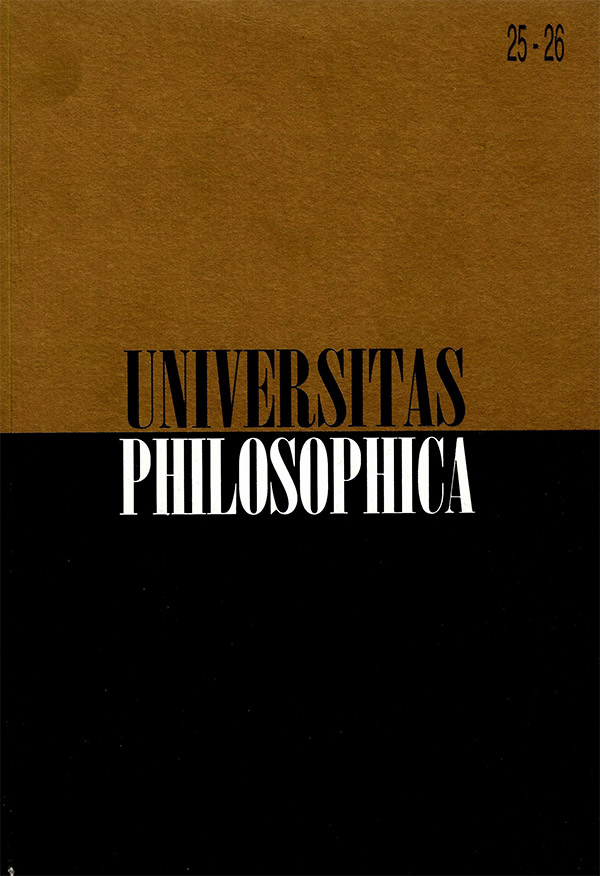Resumen
El presente artículo es una reflexión que, desde las preocupaciones propias de una filosofía de la educación, busca establecer en qué consiste pensar analíticamente, para lo cual se sirve de un texto literario —Los crímenes de la calle Morgue, de Edgar Allan Poe—, el cual recorre paso a paso en su proceso argumentativo. No pretende ser, por tanto, ni un ensayo literario sobre la narrativa de Edgar Allan Poe ni una mera descripción psicológica de un personaje de ficción como Auguste Dupin.Partiendo de una primera noción sobre el pensamiento analítico se intentará, al hilo del relato de Poe, clarificar en qué consiste pensar analíticamente y, sobre todo, se seguirá el curso de este modo de pensar en el escenario inventado por el escritor norteamericano, el de un detective de ficción: Auguste Dupin. Ocasionalmente nos referiremos a otros relatos del escritor
norteamericano.
Esta revista científica se encuentra registrada bajo la licencia Creative Commons Reconocimiento 4.0 Internacional. Por lo tanto, esta obra se puede reproducir, distribuir y comunicar públicamente en formato digital, siempre que se reconozca el nombre de los autores y a la Pontificia Universidad Javeriana. Se permite citar, adaptar, transformar, autoarchivar, republicar y crear a partir del material, para cualquier finalidad (incluso comercial), siempre que se reconozca adecuadamente la autoría, se proporcione un enlace a la obra original y se indique si se han realizado cambios. La Pontificia Universidad Javeriana no retiene los derechos sobre las obras publicadas y los contenidos son responsabilidad exclusiva de los autores, quienes conservan sus derechos morales, intelectuales, de privacidad y publicidad.
El aval sobre la intervención de la obra (revisión, corrección de estilo, traducción, diagramación) y su posterior divulgación se otorga mediante una licencia de uso y no a través de una cesión de derechos, lo que representa que la revista y la Pontificia Universidad Javeriana se eximen de cualquier responsabilidad que se pueda derivar de una mala práctica ética por parte de los autores. En consecuencia de la protección brindada por la licencia de uso, la revista no se encuentra en la obligación de publicar retractaciones o modificar la información ya publicada, a no ser que la errata surja del proceso de gestión editorial. La publicación de contenidos en esta revista no representa regalías para los contribuyentes.


